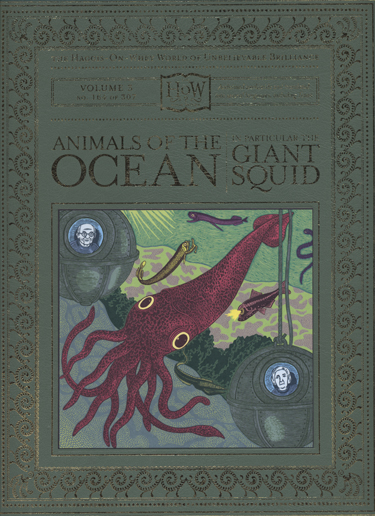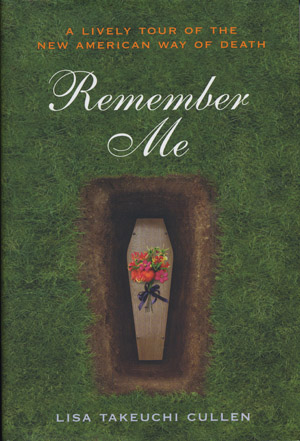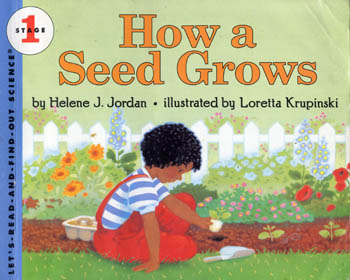As promised, I bring you some gift recommendations for kids who are into math or science (or could be if presented with the right point of entry). The first installation: books.
Books are the best. They don’t need batteries or assembly. They don’t have lots of little parts that will end up strewn on the floor (or lost under the couch). You can read them alone or read them with others.
You can buy ’em new, but you can also find some amazing books at used bookstores, or garage sales, or library sales. And of course, if you have a library card you can partake of an astounding number of titles for free (provided you return them by the due date)!
Esteemed reader Jake also reminds us that, especially for younger kids, the real present isn’t the book so much as the time you spend reading the book to them:
This is an eminently affordable gift if one makes use of the public library. A promise of a read aloud every night before bedtime can provide many benefits to both parent and child. It definitely counts as quality together time. If the books that are read are a bit ahead of the child’s own reading level, but not ahead of their comprehension, then they can help provide curiosity about what more there is to be found in the world of books, can help expand vocabulary, can provide a vehicle for the child to ask questions about various things/situations/ideas in a comfortable situation, and can help relax an active child so that bedtime doesn’t become a stressful event.
It doesn’t matter if what you read is fiction, science, history, or biography, so long as the child is interested and engaged.
If they are old enough to sit up and focus, they’re old enough to start enjoying books.
With that sage advice, here are my recommendations.
Continue reading→
 It will be no surprise to regular readers on this blog that the Free-Ride offspring like books. At this point, it is even possible that their books outnumber their parents’ books, which is almost alarming. (Please send compact shelving and a librarian who can break out some Dewey Decimal on our profusion!)
It will be no surprise to regular readers on this blog that the Free-Ride offspring like books. At this point, it is even possible that their books outnumber their parents’ books, which is almost alarming. (Please send compact shelving and a librarian who can break out some Dewey Decimal on our profusion!)

